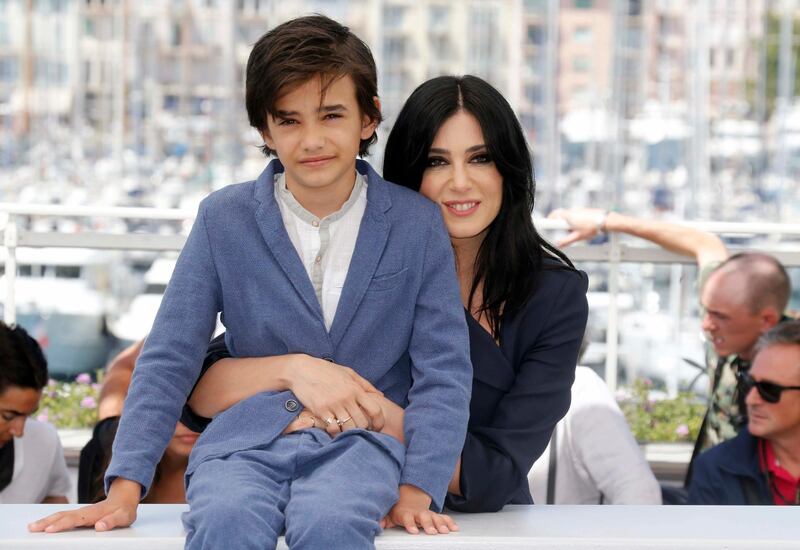Zain, a 12-year-old Syrian refugee forced to beg and steal on the streets of Beirut, sues his parents for bringing him into a world of perpetual suffering. That might be the plot of Nadine Labaki's drama Capernaum, nominated for the best foreign language film at this year's Academy Awards, but Zain's torment will be all too familiar for millions of displaced children around the world, particularly the estimated 500,000 Syrian children who fled to Lebanon to escape war at home. Indeed, some of the film's cast members are themselves children living on the streets in Lebanon.
"I want to keep talking about my people and my country in my own language," said Ms Labaki, who masterfully mixes comedy and tragedy to tell profound stories. And cinema is growing as a medium through which storytellers are shedding light on the modern Arab world. She is the first Arab woman to receive Oscar recognition and however she fares at the awards next month, her nomination represents a huge triumph for the Arab world and its female filmmakers. Arab cinema has undergone a significant transformation in recent years. Subject matter is shifting away from the folkloric tales of the 1970s and 1980s, and the superficial dramas and comedies of the 1990s. Today, more Arab filmmakers are exploring real stories with deeper resonance. The diversity and flux of this region provide fertile ground for filmmakers like Ms Labaki, who are able to expose the plight of refugees and all those whose lives have been disrupted by war, sectarianism, poor governance and economic decline.
This is an exciting time for Middle Eastern cinema. This is the second consecutive year that a Lebanese director is among the nominees for the Academy Awards, while the Arab contingent at last year's Cannes film festival was stronger than ever before. Meanwhile, Saudi Arabia lifted a ban on cinemas in December 2017 and hopes to have 2,000 screens by 2020. It will potentially mean a serious boon for Arab cinema.
For too long, poor distribution and the dominance of Hollywood choked the output of the Middle Eastern film industry. Some governments were apathetic – others justifiably regarded cinema simply as a peripheral concern. But that now looks set to change, with directors like Ms Labaki leading the charge to put Arab cinema back on the map.





